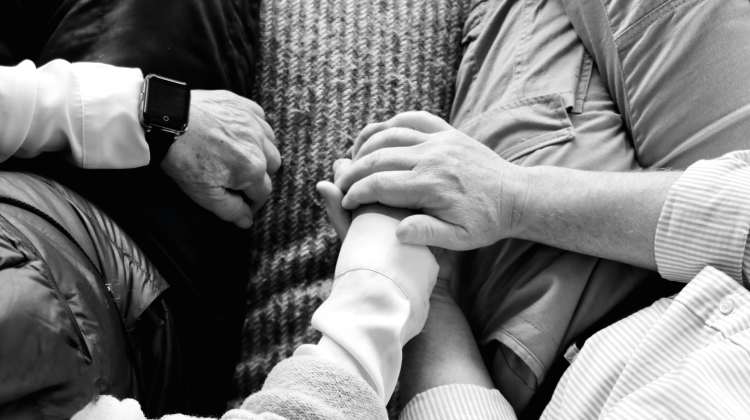What is dementia?
Complete readjustment of brain functions
Dementia is a complete change in brain function that results in loss of memory, thinking and the ability to perform everyday tasks. It is not a single disease but a collective name for various diseases and conditions that affect the brain in a similar way. The most common forms are Alzheimer’s disease, vascular dementia and Lewy body dementia.
Alzheimer’s disease, vascular dementia and Lewy body dementia
Alzheimer’s disease, the most common form of dementia, leads to gradual loss of memory, confusion and difficulty performing common tasks. Vascular dementia, caused by stroke or other vascular problems in the brain, results in memory loss and problems with thought processes. Lewy body dementia is characterized by difficulty focusing, fluctuations in attention and visual hallucinations.
Symptoms of dementia
The symptoms of dementia vary depending on which part of the brain is most affected. But common signs include memory loss, confusion, problems with language, impaired judgment and behavioral changes. It is important to understand that dementia not only affects the affected person but also their loved ones, which can put a great strain on the whole family.
Treatments and support to improve the quality of life for sufferers
Unfortunately, there is currently no cure for dementia, but there are treatments and supports that can help improve the quality of life for those affected. It includes drugs to relieve symptoms, therapy to manage behavioral challenges and various forms of support to help both the patient and their carers cope with the disease.
To spread awareness and understanding about the determinants of dementia
Living with dementia can be challenging, but it’s important to remember that the person is still the same underneath the surface. By offering love, understanding and support, we can help them live as fully as possible and respect their dignity and well-being. Spreading awareness and understanding about dementia is crucial to creating a more inclusive and empathetic society for all.
READ ABOUT HOW SENSOREM’S PERSONAL ALARM CAN HELP PERSONS SUFFERING FROM DEMENTIA

